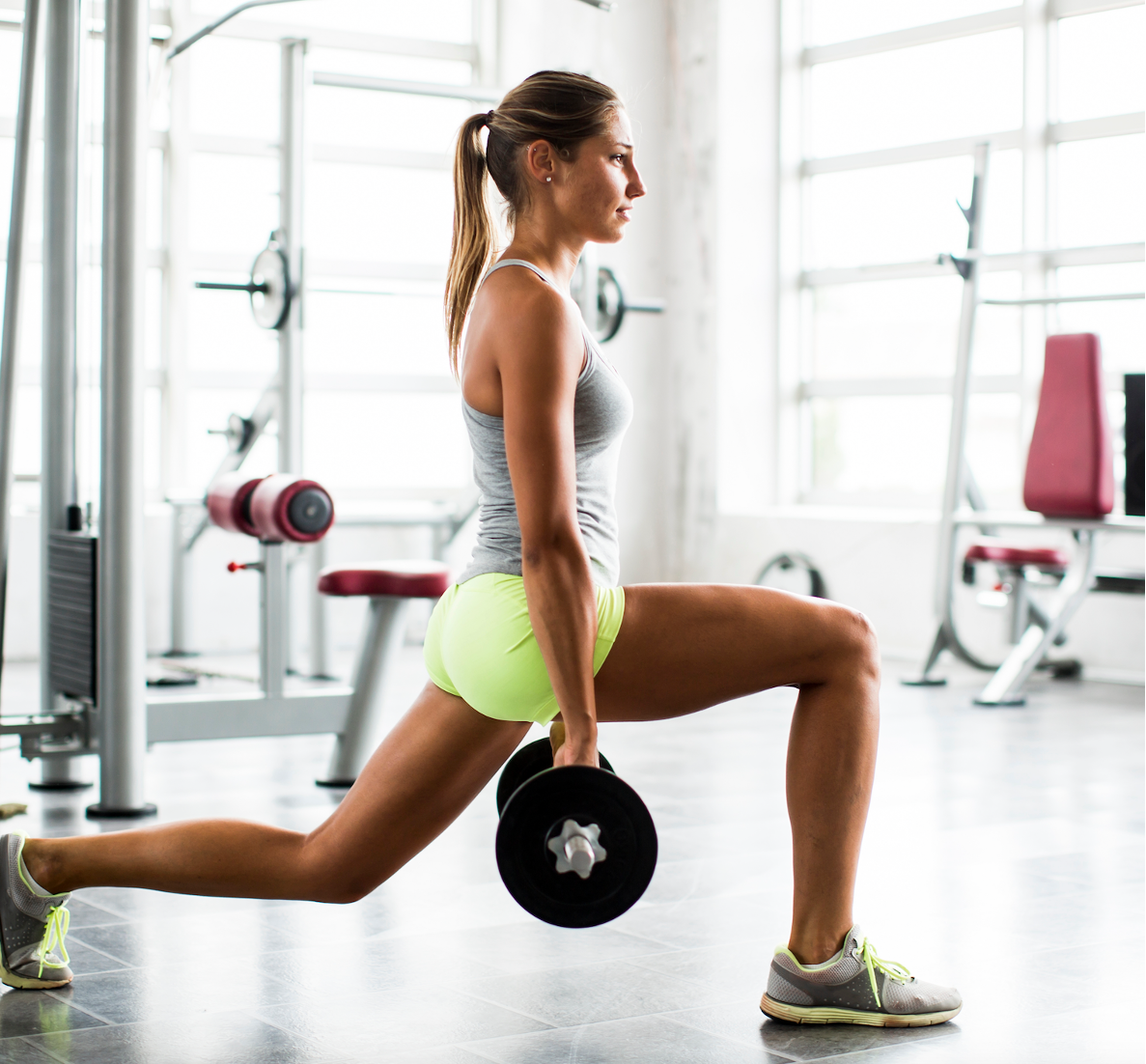High Intensity Resistance Training May Reduce Anger in Women with Fibromyalgia
Although high intensity resistance training did not improve mood in women with fibromyalgia, anger decreased during the 8-week, supervised intervention program.
In a small sample study of 26 women with fibromyalgia (FM) and 27 healthy controls (HCs), low and high intensity resistance training (LIRT and HIRT, respectively) did not improve mood in patients with FM. However, anger was reduced in patients in the HIRT cohort, according to a study published in Reumatismo.1

“In addition to the chronic pain that characterizes the syndrome, patients with FM have a proclivity for mental health deterioration, as high levels of depression and anxiety are frequently observed in this population, reflecting a negative change in their mood profile,” investigators explained. “Mood states have been studied as an excellent indicator of mental health in a variety of contexts and populations, including athletes, children and adolescents, healthy individuals, and patients with rheumatic diseases. Some researchers have recently begun to focus on this variable in FM patients.”
The randomized, controlled, blinded clinical trial was conducted in a Brazilian university from August 2019 through February 2020. Eligible patients had a clinical diagnosis of FM, were aged between 18 and 70, and had a medical certificate allowing them to participate in physical exercise (PE).
Patients were initiated into an 8-week, supervised RT program of varying intensities: LIRT and HIRT; however, 10 patients decided to create a preferred intensity (PI) group. The protocol was the same across intervention arms, with a focus on large muscle group exercises, and each group performed a specific number of repetitions and rest periods, depending on the intensity. Exercises included bench press, shoulder press, low row, squat, leg press, and standing calf raise. These sessions occurred twice a week. The HC group did not receive any intervention and were asked not to change their daily routine.
The Brunel mood scale (BRUMS) evaluated mood states at baseline, week 4, week 8, and at the 4-week follow-up. BRUMS is a 24-item scale that assesses tension, depression, vigor, fatigue, anger, and mental confusion.
Women with FM reported a worse mood profile when compared with HCs at baseline. After the 8-week intervention, neither RT program resulted in significant improvements in the mood profile of patients.
A decrease in anger was observed in the HIRT group during the training period, which increased at follow-up, indicating that high-intensity training may help patients reduce anger. Conversely, anger increased in the LIRT group during the intervention and was significantly lower in the follow-up period when compared with HIRT, which may imply that HIRT is more effective that LIRT in reducing anger in this patient population.
Significant differences in vigor (p=0.001, g=0.76 and p=0.001, g=0.89) and fatigue (p=0.01, g=0.79 and p=0.03, g=0.86) were seen between HIRT and HC at baseline and at week 4, with the worst values seen in the HIRT group.
No adverse events were reported during the 8-week intervention period.
The experimental design strengthens the study, as the effects of different intensities of RT on the mood of patients with FM had not been previously examined. Another strength was that patients in the LIRT and HIRT were randomly assigned and blinded. However, the small number of patients limits the study. Additionally, intensity was defined using the number of repetitions as opposed to strength tests. Future research can help to further investigate the effects of exercise intensities on the mood states of patients with FM to determine effective treatment strategies.
“Since the literature emphasizes a close association between anger experiences and chronic pain conditions, the variation in anger experiences as an effect of PE interventions in FM patients could open an interesting line of intervention, deserving further articulated research on the functional interconnections between the physical and mental aspects in a highly impacting and disabling condition such as FM,” investigators concluded.
Reference:
Torres Vilarino G, Reis Coimbra D, Guimarães Bevilacqua G, Diotaiuti P, Falese L, Andrade A. Can different degrees of resistance training improve mood states in patients with fibromyalgia? A randomized controlled trial. Reumatismo. 2022;74(3):10.4081/reumatismo.2022.1452. Published 2022 Dec 29. doi:10.4081/reumatismo.2022.1452